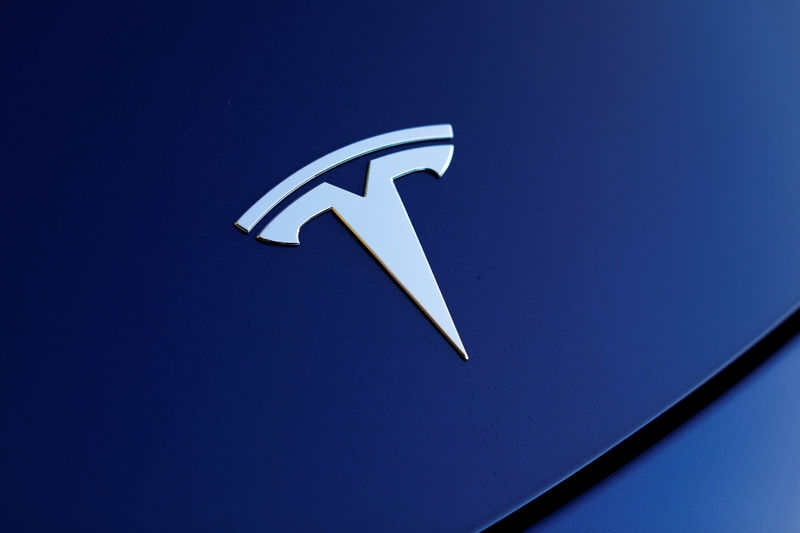Anyone own one? As a primary car? One of mine is wanting to purchase a Tesla. I have no frame of reference. Sure, it sound great to ‘not buy gas’. But how does it all work, practically, for day to day ops? Is recharging easy and convenient? How restrictive will this be (he will have to look for an apartment that has charging ports? Is that a pain? What about a cross country trip…do you have to plan it differently to account for charging?).
Honestly, to me, it makes sense as a 2nd car. I’m not seeing the benefits…only challenges. But, again, no experience in my family or circle of friends.
I have a Tesla and have been a follower of the EV space for many years. My MS thesis was on electrical distribution and my PhD dissertation is on EV adoption. I say all that simply to establish that I'm likely biased but try very hard to be balanced in my views. The following is a mixture of personal experience and things I've read in peer-reviewed research, though most will be personal based on the nature of your inquiry.
My Tesla is 2021 Model 3 long range. It is my primary car. First and foremost, as someone who considers himself to be a "car guy" and spent far too much money on cars in his twenties, this is the best car I've ever owned. If nothing else, that's my 2c.
Day to day ops: I'm fortunate enough to have been able to install a L2 charger at my house (L2 is simply faster). I love it because I never have to deal with the gas station. Every morning I have a "full tank" as it were, though honestly I meet what much of the research shows: 99% of my driving needs can be easily met by the ~300 miles of range the car gets. Though Tesla has opened the supercharger network to other makes, the other OEMs are still transitioning. Thus, the abundance of superchargers makes a road trip pleasant. I've done several 600m+ trips and charging was never an issue. Does it take a little longer? Yes. Do I mind that? No. It gives me a real break, plus I have young kids so I'm stopping anyway for potty breaks, snacks, a diaper change, etc. Any cross-country trip will use routes with superchargers. If your son is doing it solo, I suspect the charging stops will make the trip longer. In my early 40s I appreciate the breaks much more than I did in my 20s when I'd just power through long drives.
The NHTS crash test data is unequivocal: Teslas are the safest. If my boys were of driving age, I'd want them in one. Plus, I can monitor the car from my phone when they're driving.

Apartment living with an EV is more challenging, something shown in the research. Charging is tougher, though there are ample places to charge in any city these days. For example, I'm fortunate enough to be able to game the system in my current dissertation work where I drive to free Volta chargers (they're advertising supported), plug in, and then work from my laptop while I charge. Your son will need to adapt to it but IMO the adaptation isn't burdensome. It's simply a different paradigm than what we've experienced our entire lives. I wouldn't want to apartment live with an EV as a busy professional with young kids. If I was in my 20s and single or just dating, it wouldn't be a big deal.
Savings: I'm averaging about $1600/year in fuel savings using electric versus gas, based on the cost per kilowatt-hour for my area and gas. Here's where things ofter veer into politics and fear mongering, but I trust the copious peer-reviewed data I've gone through in my PhD: if an EV is powered ONLY by coal, it's about as dirty as a gas car. However, even in that scenario, it moves the pollution away from city centers, which is still a health benefit. There are several Teslas and EVs at my son's preschool, and I love it because I see little lungs
not breathing in various pollutants. The one guy with a huge truck graciously parks a little further away, which is kind of him, because he knows (and acknowledged to me) that exhaust shouldn't be aimed at the after school play area.
Summary: I see sooooo many benefits, but the upfront adaptation challenge is a big one. Range anxiety is a real thing initially but quickly dissipates with experience (research shows this as well). My dad would drive his car until the needle was well past 'E' but told me he wouldn't trust my Tesla under 30% charge, haha. On a longer time-scale, they produce fuel and maintenance savings, though the upfront cost is a thing. Used prices have dropped significantly though (I overpaid big time sadly). Lastly, the driving experience is sublime. Due to the batteries being low, the center of gravity makes my car feel like it's on rails. Honestly, depending on the maturity of your son with how sporty EVs are,
that would be a my biggest hesitation. I did dumb **** in cars in my early 20s, thankfully they were fairly junky late 80s/early 90s VWs. I can't imagine if I had a rocket ship like my model 3.

